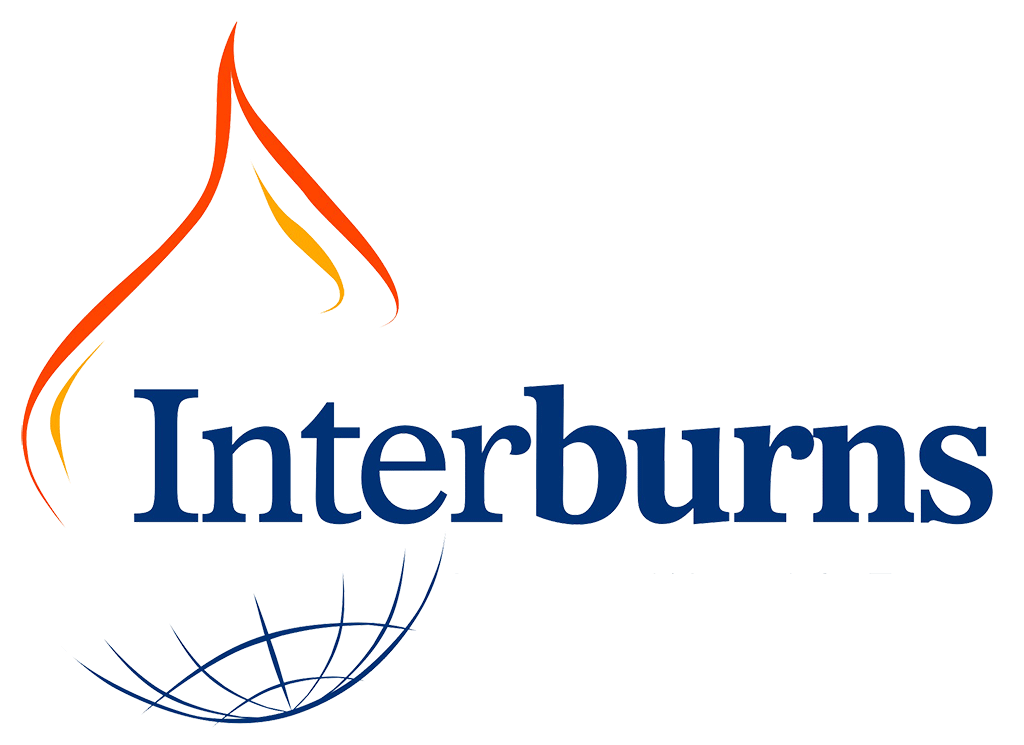The comprehensive approach in action
In common with many low resource settings, delivering good quality burn care in Ethiopia to reduce suffering, disability and death, is extremely challenging. In 2015, Interburns was invited by the Federal Ministry of Health (FMoH) to review burn services and make recommendations for a national strategy for burns.
At that time there was only one specialist burns service for a population of over 100 million, and one in the planning stage; both were situated in the capital, Addis Ababa. Staff treating burn patients had had no training in burn care and these referral centres often received patients who had developed serious complications as a result of delayed treatment. Burn patients often suffered great pain, life threatening infections, burn contractures, disability, or death.
Interburns’ recommended the strengthening of central burns services and building capacity of regional services through training, annual assessment and quality improvement. This approach was adopted, along with the wider aim to embed burns into the national policy agenda. Funding was found through a collaborative project with the Centre for Global Burn Injury Policy and Research (CGBIPR) from the National Institute for Health Research (NIHR), and UKAID’s Small Charities Challenge Fund (SCCF).
One nurse commented that before the project: ‘Most of the time burn patients become critically ill or developed complications in the acute burn phase’.
A doctor adds: ‘Before Essential Burn Care (EBC) training I was managing patients based solely on my medical school training. There were gaps that could only be filled by other professionals like nutritionists and physiotherapists, I was not able to care for my patients as much as I would like to’.
What was our strategy?
Interburns worked with local partners, AMREF Health Africa, to support the FMoH’s strategy using a tiered approach to:
Build clinical skills of surgeons and nurses through courses in Advanced Burn Care (ABC) Surgery and Nursing.
Train local trainers to deliver Essential Burn Care (EBC) to strengthen multi disciplinary (MDT) burn teams; and Basic Burn Care (BBC) for community level health staff.
Develop and pilot an evidence-based community prevention toolkit.
Assess burn services and track quality improvement using Interburns’ Delivery Assessment Tool (DAT).
Work with stakeholders to raise awareness of burns and embed improvement into the national policy agenda.
This strategy forms part of the comprehensive approach to quality improvement in burn care that has been built by Interburns ‘from the ground up’ for low resource settings.
A nurse participant explains: ‘The EBC helped doctors and nurses give more attention to the early management of patients such as resuscitation and pain management, closely following the burn case even if the wound or the total surface area of the wound is small. This helps the patient to get the best medical care as early as possible which helps with recovery. We do proper dressing and other burn care related issues like mobilization and positioning. We know how to improve the patient’s health status, pain management, nutrition and to increase patient satisfaction to improve the quality of care of burn patient’.
What is the DAT?
The DAT is based on Interburns’ Operational Standards in Burn Care and helps staff and managers see, in granular detail, weaknesses and gaps, and therefore take decisions on where and how things can be improved. In this project, the Delivery Assessment Tool (DAT) was run twice at four hospitals: AaBET, Yekatit 12, Hawassa and Jimma University Hospitals. In 2016 and 2019 it found that there was an urgent need for improved acute surgical care due to lack of early excision, skin grafting and reconstructive surgery, and a huge back log of surgical cases due to lack of capacity.
Under this project, 30 surgical staff, 18 from Ethiopia, attended ABC(Surgery) in March 2020; 2 surgeons attended as international faculty alongside faculty from Bangladesh, India, Nepal, Nigeria, South Africa, and the UK.
Dr.Hilina Legesse is a plastic &reconstructive surgery resident says: ‘During my residency, I used to see patients mainly from perspective of managing their wounds, not giving due attention to addressing their perioperative requirements.
Dr Abje Birhanu AaBET Hospital Plastic and Reconstructive Surgery Department Head says: ‘the DAT helped by clearly and systematically identifying our problems and showing specific areas of focus for further improvement of our service. Staff training is also a very crucial input for improvement of burn care at our unit. We need to make it regular since new batches of nurses will join our unit at different times of the year. A refresher training for existing staff is in our plan for improvement of the burn care service at our unit’.
The FMoH has confirmed that it will continue to improve the situation with burns in the country by funding and rolling out BBC and EBC training, requesting annual DAT assessments from hospitals and working in collaboration with multiple partners to deliver Interburns’ quality improvement approach. They say: Interburns activities had tremendous impact to improve burn care and gives us a benchmark to develop a road map for burn care in the country’.
We would like to thank all those involved in the project, especially project staff as AMREF Health Africa, Abeba Mekonnen, Kasahun Negash and Baye Denekew, staff from the Emergency and Critical Care Directorate, FMoH, and senior clinical staff and local health offices for their commitment to this project.
Our thanks too for the generous support of our funders.
